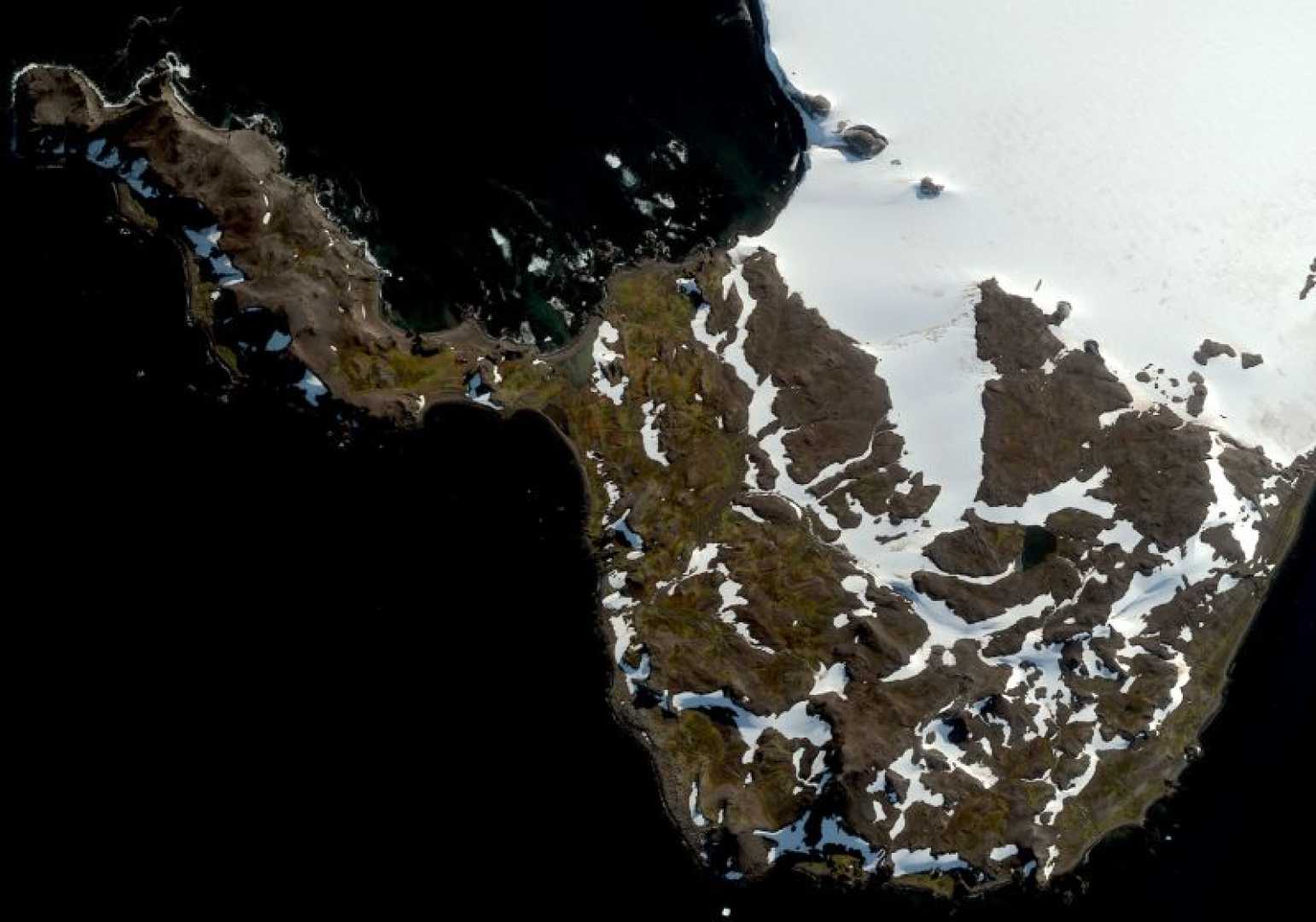World
Antarctica’s Increasing Vegetation Raises Climate Change Concerns

The remote and frozen continent of Antarctica, traditionally characterized by its icy landscapes and severe weather conditions, is experiencing a remarkable environmental transformation. Recent research has revealed a significant increase in vegetation across the Antarctic Peninsula, largely attributed to climate change.
A study published in the journal Nature Geoscience utilized satellite imagery to monitor the region’s environment from 1986 to 2021. This research, focusing on the Antarctic Peninsula—a landmass extending towards South America—documented a substantial rise in plant coverage, from less than one square kilometer in 1986 to nearly 12 square kilometers by 2021.
Olly Bartlett, a remote-sensing specialist at the University of Hertfordshire and co-author of the study, described these changes as the onset of a significant transformation in an area known for its isolation. He noted the region’s extraordinary increase in greenery, which accelerated at a rate of 33 percent higher between 2016 and 2021 compared to the four-decade period as a whole.
Temperature increases on the Antarctic Peninsula are a considerable factor in this transformation. According to Jasmine Lee, a conservation scientist at the British Antarctic Survey, temperatures have risen by approximately 3°C since 1950—a rate much higher than the global average. “The research provides crucial insights into how vegetation is responding to climate change at a previously unseen scale across the Antarctic Peninsula,” Lee commented.
Co-author Thomas Roland from the University of Exeter expressed concern over the findings, highlighting how human-induced climate changes are causing rapid and unprecedented ecological shifts in this vulnerable part of the world. Roland remarked, “These numbers shocked us—it’s the rate of change in such an isolated and fragile area that’s alarming.”
The study suggests that the loss of sea ice and rising temperatures are contributing to these ecological changes, prompting serious concerns about the broader impact on Antarctica’s environment. Despite the continent traditionally hosting a stark landscape of ice and rock, plant life, primarily mosses, is now gaining a foothold.
The findings underscore the urgency of addressing climate change impacts to protect the Antarctic ecosystem. Roland added, “Understanding these changes is critical to safeguarding the region before its wildlife and terrain are irrevocably altered.” Bartlett echoed this, suggesting that continued global warming could result in further expansion of these plant environments, potentially facilitating more diverse species growth.












